The ebook revolution has been one of the hottest topics of the year, loaded with exciting implications that remind me of the early days of the Web. 2011 is the new 1997! There’s never been a more opportune time for writers and artists to express themselves and get their work seen on their own terms.
I’ve known Sean Platt for a few years now. Back in 2009, while I was blogging the Under Angels novel, Sean and his writing partner at Collective Inkwell were doing something similar with a piece of serialized fiction they called Available Darkness. The idea of blogging long fiction was considerably — ahem — novel at the time, so we automatically found ourselves as peers. We all kinda kept tabs on each other throughout the 2009 year, while also sharing a few common circles in the nonfictional world of social media.
I recently talked shop with Sean Platt about his new serialized ebook series, a post-apocalyptic cliffhanging horror thriller called Yesterday’s Gone, now available on Amazon.
JDA: What are your thoughts on the ebook revolution?
SP: I wake up every day elated at the time and place I’m lucky enough to live. The e-book revolution makes it possible for a guy like me, with strong voice but no writing background, to not only survive as a writer, but to potentially thrive.
The only pause I have is that I feel too many writers are looking at the e-book revolution as some sort of gold rush, and it isn’t. It is a big, beautiful, brilliant, undiluted opportunity, but only for writers who create compelling, quality work which readers will be eager to read and excited to share. Everyone keeps saying “there are no gatekeepers,” but that’s not true. There are plenty of gatekeepers, more than before in fact, but they’ve changed and now are the readers themselves. A more appropriate statement is, “there are no middlemen.”
JDA: What’s it like writing a big piece of fiction with a writing partner? What’s the creative flow path? Do you share the same strengths?
SP: Writing with a partner has been one of the best experiences of my creative life, and the one thing that’s made my production this last year possible.
The creative flow with my writing partner, David Wright, is different, depending on the project. Dave is great with all the nuts and bolts stuff. If one of my stories or sequences is missing something, he lets me know. I’m better with voice and color, so I can take Dave’s drafts and polish them to a glassy finish. Together, we create higher quality work in less time. It is ridiculously efficient.
JDA: Without offending each other: Do you prefer writing a large piece of fiction with your partner, or would you rather do it alone? Why?
SP: I would much rather write a large piece of fiction with Dave than do it by myself. By nature, I’m a collaborative writer. As you can see if you look at my Amazon page, almost everything I publish has a co-author, and I imagine that’s how it will be for most of my career. There will always be things I write by myself, and stories I want to tackle alone, but I love the collaborative process and believe it’s a prime example of 1+1 equaling 3.
JDA: You do serialized fiction. As writing partners, how do you approach a given segment/chapter in the story? Does one guy take a pass and hand it off to the next guy, or do you both take a crack and compare notes afterward? Who gets the final say?
SP: I’m sure we’ll handle our next fiction project differently, but the way we handled Yesterday’s Gone was simple.
We wanted to get the project to market as quickly as possible, so speed was a large part of how we organized our flow. We created a post-apocalyptic world where we could make the rules, and that definitely helped with speed. We knew we would have six different characters, or point of view, so when we were writing our pilot, or first episode, I wrote my three and Dave wrote his, then we blended them together with very few edits.
This is how we continued to write the remaining five episodes. I stuck to my characters, Dave stuck to his. He polished my work, I polished his, then we blended the story lines together and published the epic to kindle.
We wrote Yesterday’s Gone much like scripted television where scenes were written out of order and then edited together. So far we’ve been in agreement on everything and when one of us has a better idea, it’s obvious, so there’s never been an issue of final say. However, if there were, it would probably go to whoever’s character the sequence in question belonged to.
SP: Outlining. How important is it to your project? What are your thoughts on story structure? Do the two of you share the same opinion on it? Do either of you subscribe to any particular story structure models, like, say, Vogler’s “The Writer’s Journey” or Blake Snyder’s “Save the Cat!”?
SP: I really like what Snyder has done with “Save the Cat,” for sure, and I’m learning more about story structure all the time. Until now, I’ve been more of a seat of my pants writer than an outliner, but I see the flaws inherent in that type of writing.
Truth is, I don’t like to outline. I used to hate it, now I simply don’t like it very much, but I see it as a highly effective way to create better work in less time. I don’t subscribe to any single model, I’m just trying to learn as much as I can from all the best teachers out there until I develop my own model. But so far every project has been different.
With our larger projects, from big books to serials, I outlining will have to be a large part of the process. I still love to write by the seat of my pants, but I’ll be saving that for short stories. I’ve written two in the last couple of weeks and think they both turned out pretty awesome!
JDA: You’ve mentioned your love for the cliffhanger. Do you have an end in mind for your story? Discovering it along the way?
SP: We’ve batted around a few ideas for the ending, and we have a great idea for the story’s general direction, but most of it we’re discovering along the way. We have an amazing opportunity to gauge reader feedback as well, and see what they’re liking. Especially with our newsletter subscribers, “The Goners.”
Of course, it’s our story and were not going to follow what the reader say note by note, but it’s amazing to be able to access their input as we go along.
JDA: What kind of writing schedules do you keep? How many hours do you write per day? Morning or night?
SP: My writing schedule is ridiculous. I write several hours per day, never less than two and sometimes as many as six. I prefer to write in the morning because I feel like I write faster and my ideas are fresher. I’ve been better this last few months about sticking to my schedule as my client load has decreased. Hopefully I’ll be able to fine-tune this and stick to a consistent four hour early-morning block, Monday through Saturday starting early next year. That’s the ideal I’m working toward.
JDA: Do you believe in writer’s block, and if so, how do you deal with it?
SP: No, I don’t believe in writer’s block. I think it’s an excuse us writers love to wallow in. I highly believe in writers procrastination, which I’m frequently guilty of. I have a million strategies for dealing with it, but one of the most effective lately for me has been working in 25 minute bursts. I set a timer and GO! Because I know the timer is going to ring at the end of the 25 minutes, it’s relatively easy to keep writing with focus for the length of that time.
JDA: Discuss the challenges associated with balancing the writing life with the other parts of life.
Balancing my writing with the rest of my life has been really, really hard. But I have an extremely supportive family and my schedule is improving all the time, especially lately as I’ve focused on my own projects rather than client work.
JDA: What are your favorite three movies?
SP: Ha, that might be the hardest question I’ve ever been asked! I love movies. Love, love, love them. Right now, gun to head, I’d probably say Magnolia, Kill Bill, and the Godfather II – all three of which I find infinitely watchable.
JDA: Forget writing for a moment. What do you do to recharge the batteries when you’re not writing? How do you relax? If you weren’t writing, what would be a perfect day for you?
SP: Reading and watching movies, no doubt. I only started writing four years ago, and it’s a lifetime of great books and movies that have helped me tell stories the way I do.
A perfect day would be filled with good movies and good books.
Check out this page of trailers we made for Yesterday’s Gone to see just how much films have influenced and informed our work.
→ Download the pilot episode of Yesterday’s Gone for FREE!
→ Download the amazing first season of Yesterday’s Gone TODAY!Thanks for your time, Jace, it’s been great!
Sean Platt is the author of the books Writing Online and Syllable Soup, and co-author of the groundbreaking serial Yesterday’s Gone. Follow him on Twitter.
Thanks, Sean!
=j
PS: Kill Bill 1 or Kill Bill 2?

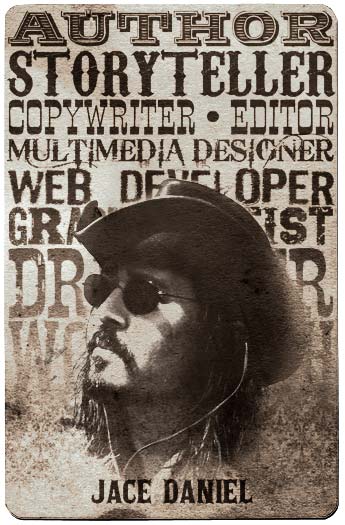


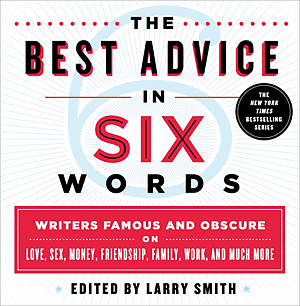
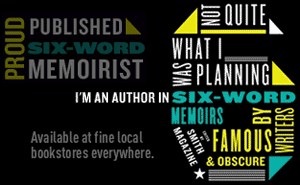
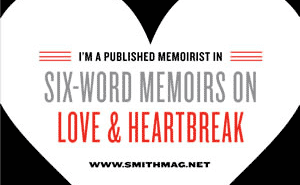

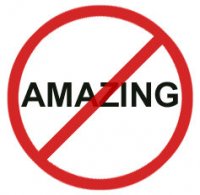

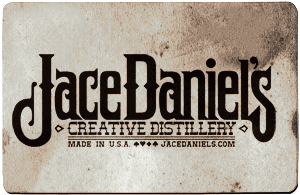
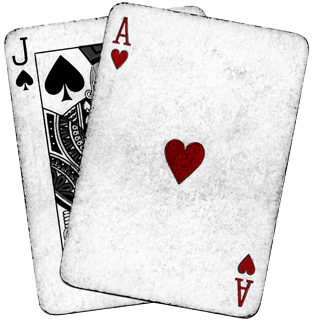
Comments on this entry are closed.